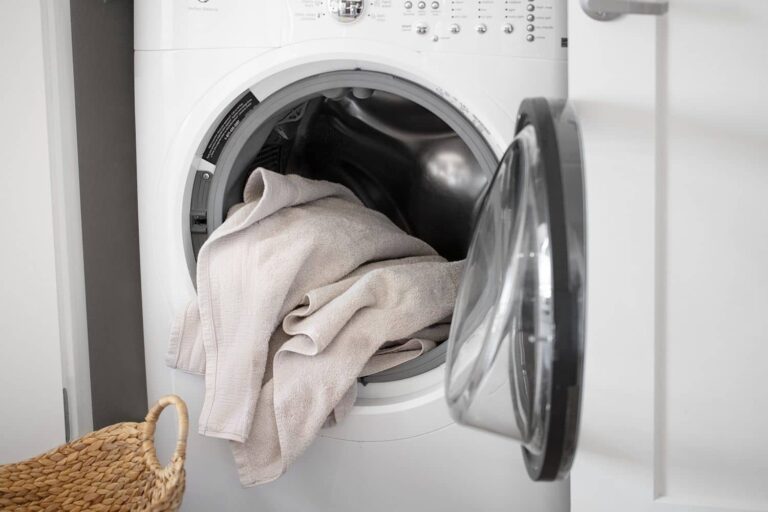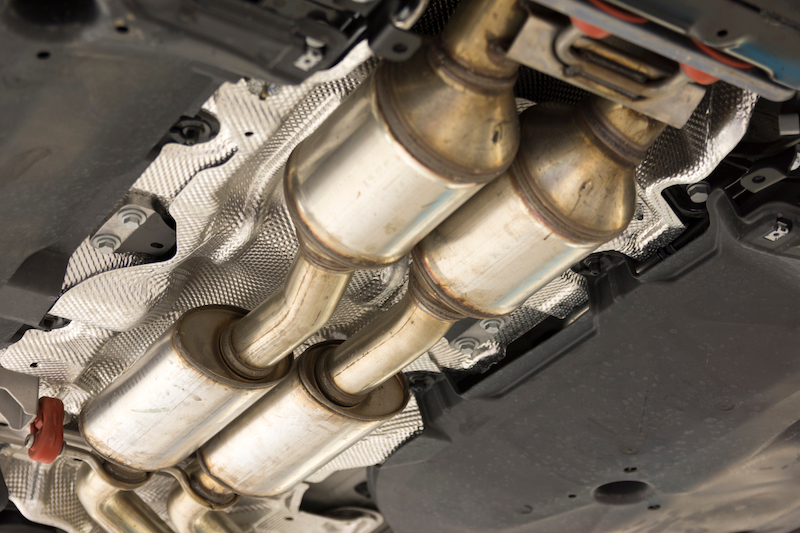If you've ever caught a whiff of a rotten egg smell emanating from your kitchen sink, you're not alone. This unpleasant odor is a common problem that many homeowners face. But what exactly causes this pungent smell to appear in your kitchen sink? The most common cause of a rotten egg smell in kitchen sinks is sulfur bacteria. These bacteria feed on decomposing food particles and produce hydrogen sulfide gas, which is responsible for the foul odor. Another possible cause is a clogged or dirty drain pipe, which can trap food debris and allow bacteria to thrive. Regardless of the cause, dealing with a rotten egg smell in your kitchen sink can be a frustrating and unpleasant experience. But fear not, as there are solutions to get rid of the stench and prevent it from recurring.1. Causes of Rotten Egg Smell in Kitchen Sink
There are several methods you can try to eliminate the rotten egg smell in your kitchen sink. One option is to pour a mixture of baking soda and white vinegar down the drain. This will create a chemical reaction that can help break down any food particles and neutralize the odor. You can also try using a commercial drain cleaner or a plunger to remove any clogs that may be causing the smell. If the smell persists, it may be necessary to call a professional plumber to properly clean out your drain pipes.2. How to Get Rid of Rotten Egg Smell in Kitchen Sink
While sulfur bacteria and clogged drain pipes are the most common causes of a rotten egg smell in kitchen sinks, there are other reasons that can contribute to the intermittent nature of the odor. These include infrequent use of the sink, which can allow bacteria to build up, and the type of water in your home. If you have hard water, it may be reacting with the metal components of your sink, causing a chemical reaction that produces the rotten egg smell. In this case, installing a water softener can help prevent the odor from occurring.3. Common Reasons for Intermittent Rotten Egg Smell in Kitchen Sink
Aside from using baking soda and vinegar to eliminate the smell, there are a few other DIY solutions you can try. One method is to pour a cup of bleach down the drain and let it sit for a few minutes before flushing it out with hot water. This can help kill any bacteria in the drain and remove any lingering odors. You can also try pouring a few drops of essential oil, such as lemon or peppermint, down the drain to mask the smell. Just be sure to dilute the oil with water first to prevent any damage to your pipes.4. DIY Solutions for Rotten Egg Smell in Kitchen Sink
If the rotten egg smell persists even after trying DIY solutions, it may be time to call in the professionals. A plumber can thoroughly clean out your drain pipes, identify any underlying issues, and provide a long-term solution to prevent the odor from returning. They may also recommend installing a water filtration system or water softener to improve the quality of your water and prevent any chemical reactions that can cause the smell.5. Professional Plumbing Services for Rotten Egg Smell in Kitchen Sink
The best way to deal with a rotten egg smell in your kitchen sink is to prevent it from happening in the first place. Some simple steps you can take to prevent the odor include regularly cleaning your sink and drain, avoiding pouring grease or oil down the drain, and running hot water down the drain after each use. You can also try using a garbage disposal to grind up food particles and prevent them from building up in your drain. And if you have hard water, consider installing a water softener to prevent chemical reactions that can cause the rotten egg smell.6. How to Prevent Rotten Egg Smell in Kitchen Sink
If you prefer to use natural remedies, there are a few options you can try to get rid of the rotten egg smell in your kitchen sink. One method is to pour a cup of hydrogen peroxide down the drain and let it sit for 30 minutes before flushing it out with hot water. This can help kill bacteria and eliminate odors. Another natural remedy is to mix equal parts of water and apple cider vinegar and pour it down the drain. Let it sit for 15 minutes before flushing it out with hot water. The acidic properties of the vinegar can help break down any food particles and eliminate the smell.7. Natural Remedies for Rotten Egg Smell in Kitchen Sink
In some cases, a rotten egg smell in the kitchen sink may be a sign of a larger plumbing issue. If you notice the smell is only coming from one specific sink, it could be a sign of a clogged or damaged drain pipe. This can lead to backups and even water damage if left untreated. Another potential issue is a damaged vent pipe, which can cause sewer gases to escape and create a rotten egg smell. If you notice the smell coming from multiple sinks or drains in your home, it's best to call a professional plumber to inspect your plumbing system and address any underlying issues.8. Signs of a Larger Plumbing Issue Causing Rotten Egg Smell in Kitchen Sink
While sulfur bacteria and clogged drain pipes are the most common causes of a rotten egg smell in kitchen sinks, there are other household products that can contribute to the odor. These include cleaning products that contain sulfur, such as bleach and ammonia, as well as certain foods like onions and garlic. If you use these products regularly, try using them in a well-ventilated area and avoid pouring them down the drain to prevent the smell from lingering in your kitchen sink.9. Common Household Products That Can Cause Rotten Egg Smell in Kitchen Sink
Regular maintenance is key to preventing a rotten egg smell in your kitchen sink. This includes cleaning your sink and drain regularly, avoiding pouring grease and food particles down the drain, and scheduling plumbing inspections to catch any potential issues before they become major problems. Taking these steps can not only help prevent the unpleasant smell, but also save you from costly repairs in the long run. So, make sure to stay on top of your kitchen sink maintenance to keep your home smelling fresh and clean.10. Importance of Regular Maintenance to Avoid Rotten Egg Smell in Kitchen Sink
How to Eliminate the Intermittent Rotten Egg Smell from Your Kitchen Sink
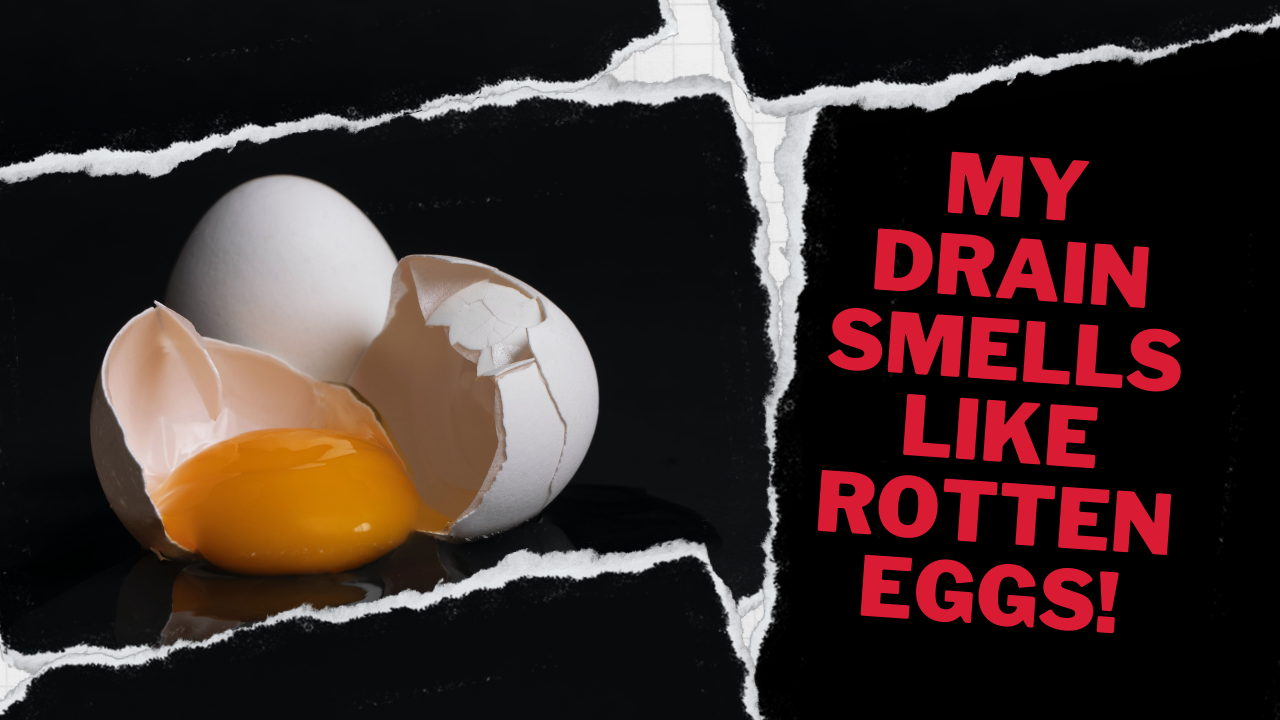
Investigating the Source
The most common cause of a rotten egg smell in the kitchen sink is hydrogen sulfide gas. This gas is produced by bacteria that thrive in dark, damp environments. If there is a buildup of organic matter in your drain, it can create the perfect conditions for these bacteria to grow. The bacteria release hydrogen sulfide gas as they break down the organic matter, resulting in the unpleasant smell.
Cleaning the Drain
 The most effective way to get rid of the rotten egg smell in your kitchen sink is to thoroughly clean your drain.
Start by pouring a cup of baking soda down the drain, followed by a cup of white vinegar. The mixture will create a chemical reaction that will help break down any organic matter and kill the bacteria.
Leave the mixture to work for about 15 minutes, then pour boiling water down the drain to flush out any remaining debris and bacteria. You can also use a drain snake to physically remove any clogs or buildup in the drain.
The most effective way to get rid of the rotten egg smell in your kitchen sink is to thoroughly clean your drain.
Start by pouring a cup of baking soda down the drain, followed by a cup of white vinegar. The mixture will create a chemical reaction that will help break down any organic matter and kill the bacteria.
Leave the mixture to work for about 15 minutes, then pour boiling water down the drain to flush out any remaining debris and bacteria. You can also use a drain snake to physically remove any clogs or buildup in the drain.
After cleaning the drain, you can also try pouring some lemon juice down the drain. The acidic properties of lemon juice can help neutralize any remaining odor and leave your kitchen smelling fresh.
Preventing Future Odors
Additionally, make sure to properly dispose of any fats, oils, and grease. These substances can solidify in your drain and trap bacteria, leading to unpleasant odors. Instead, pour them into a separate container and throw them in the trash.



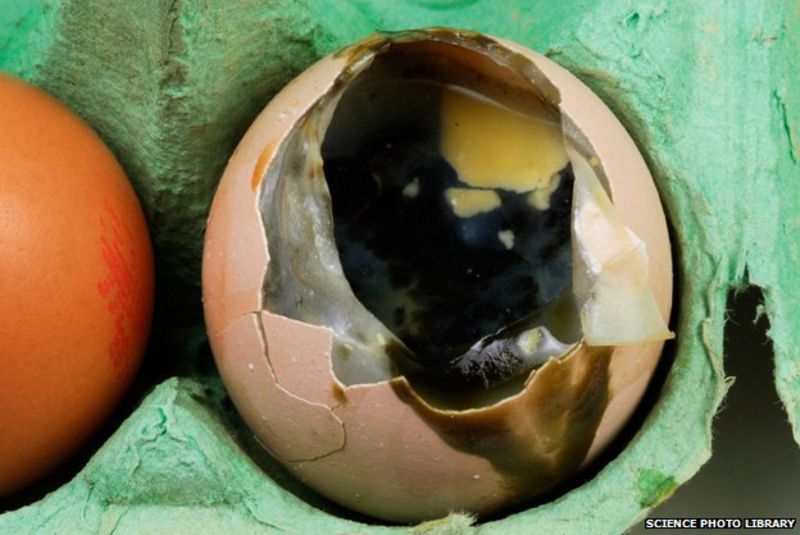

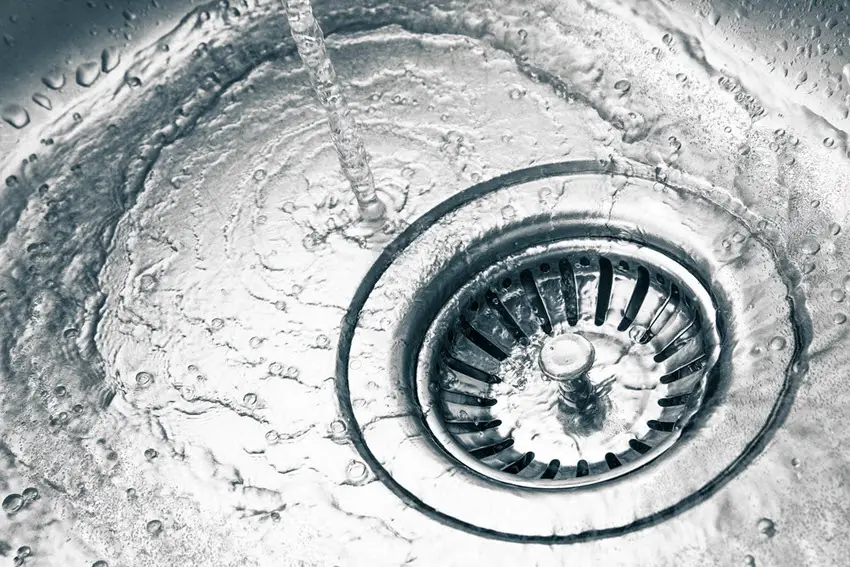



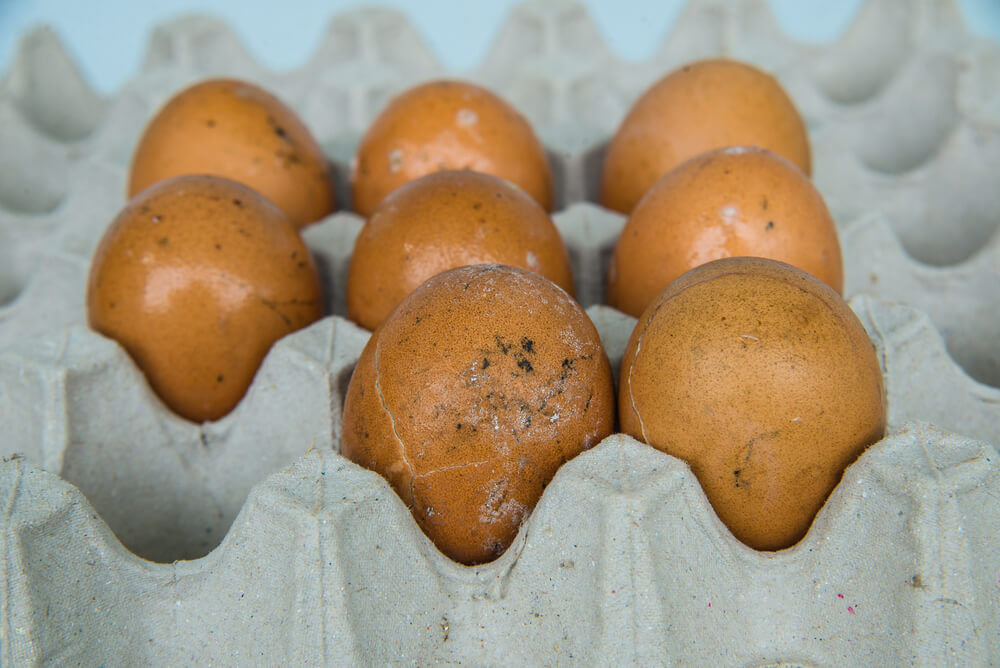














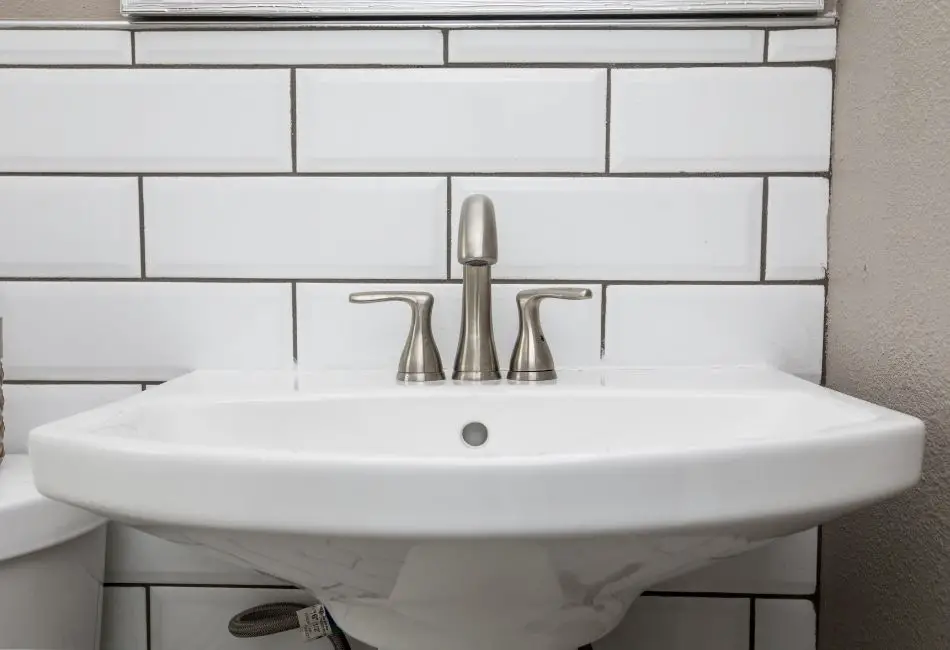
/three-glasses-of-water-containing-eggs-each-egg-at-different-level-in-the-glass-sink-or-float-egg-freshness-test-183743184-57829cf13df78c1e1f3e362b.jpg)


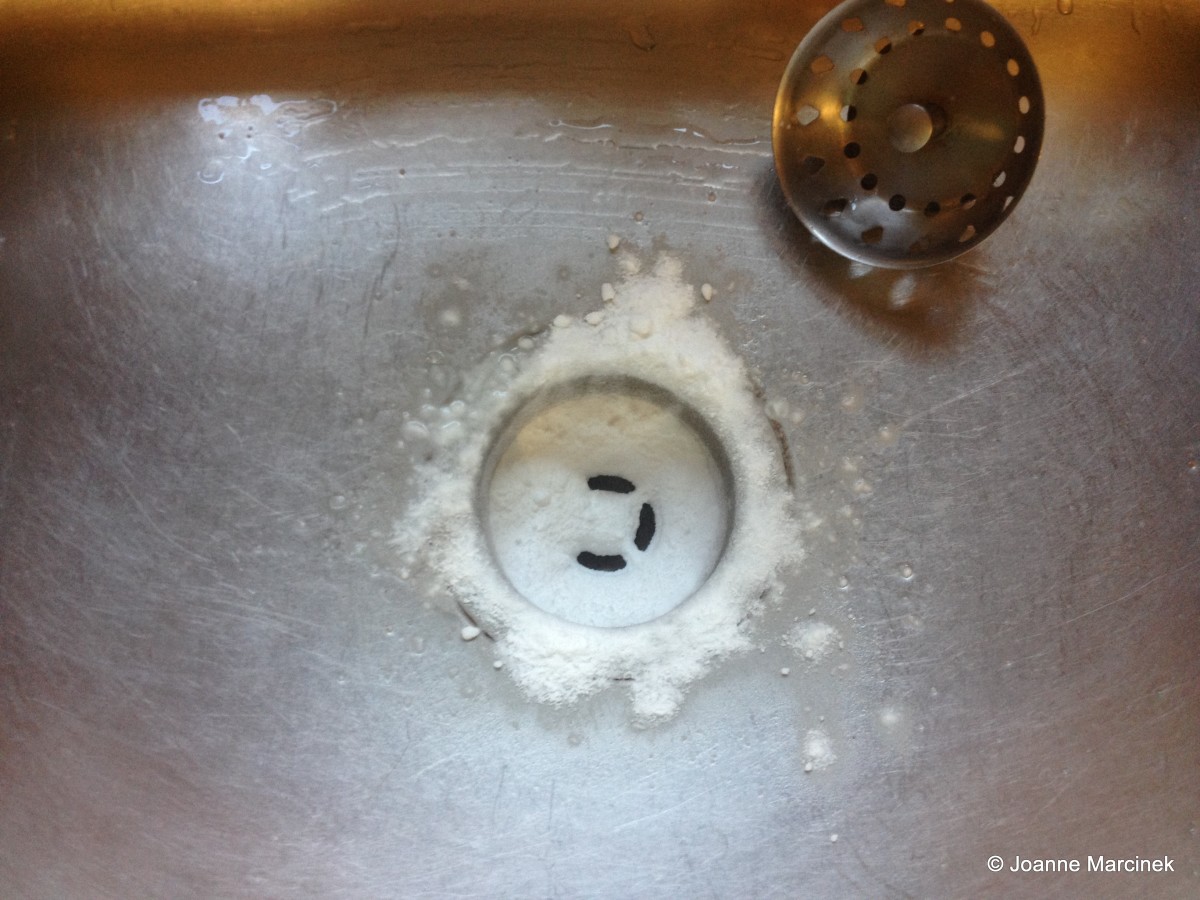


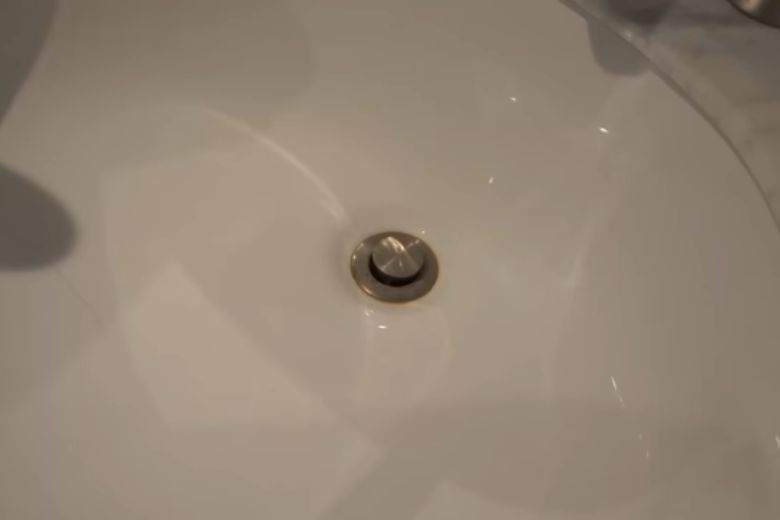



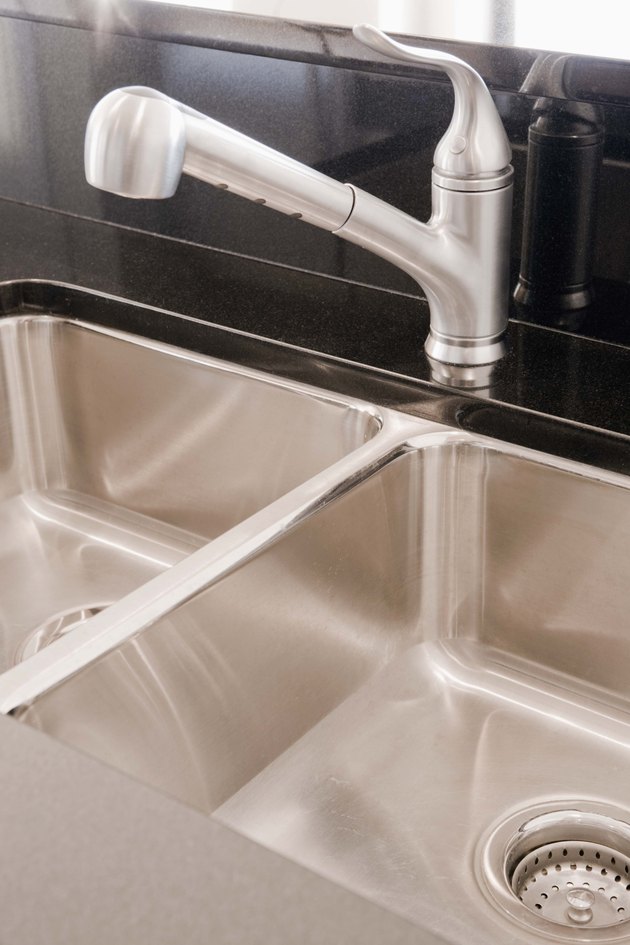


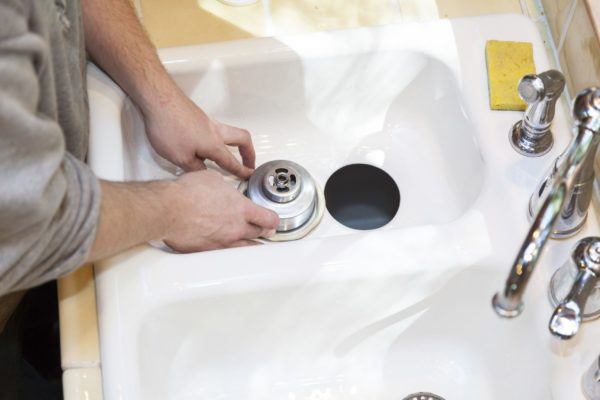


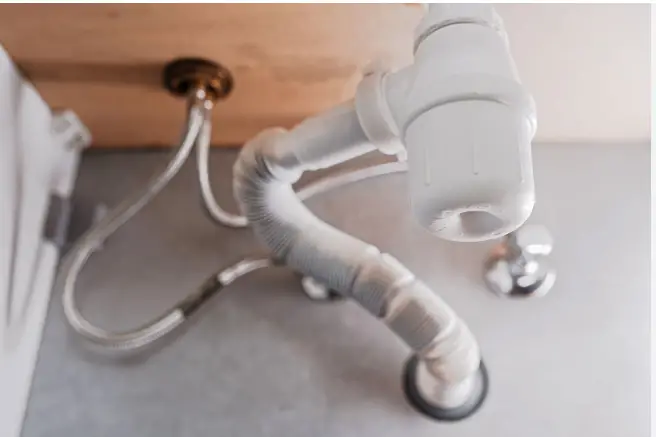


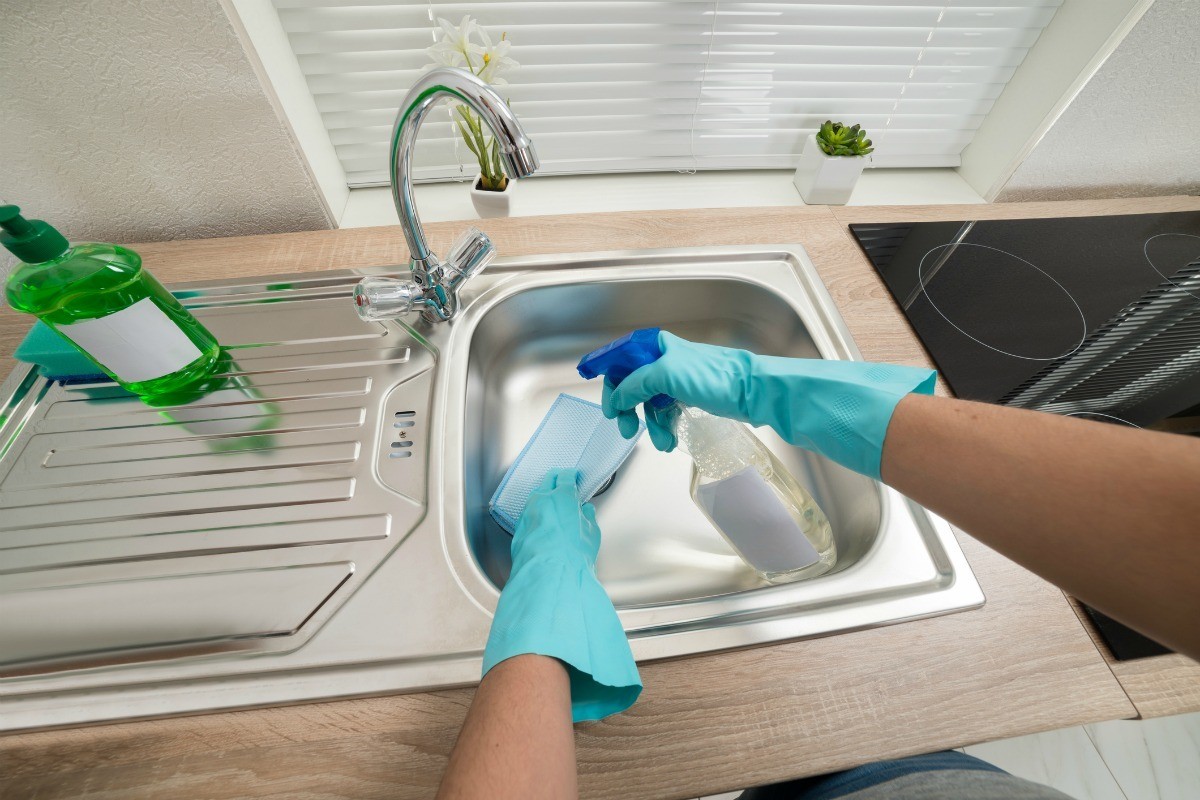


:no_upscale()/cdn.vox-cdn.com/uploads/chorus_asset/file/7720751/Z.H.CHEN.jpg)


